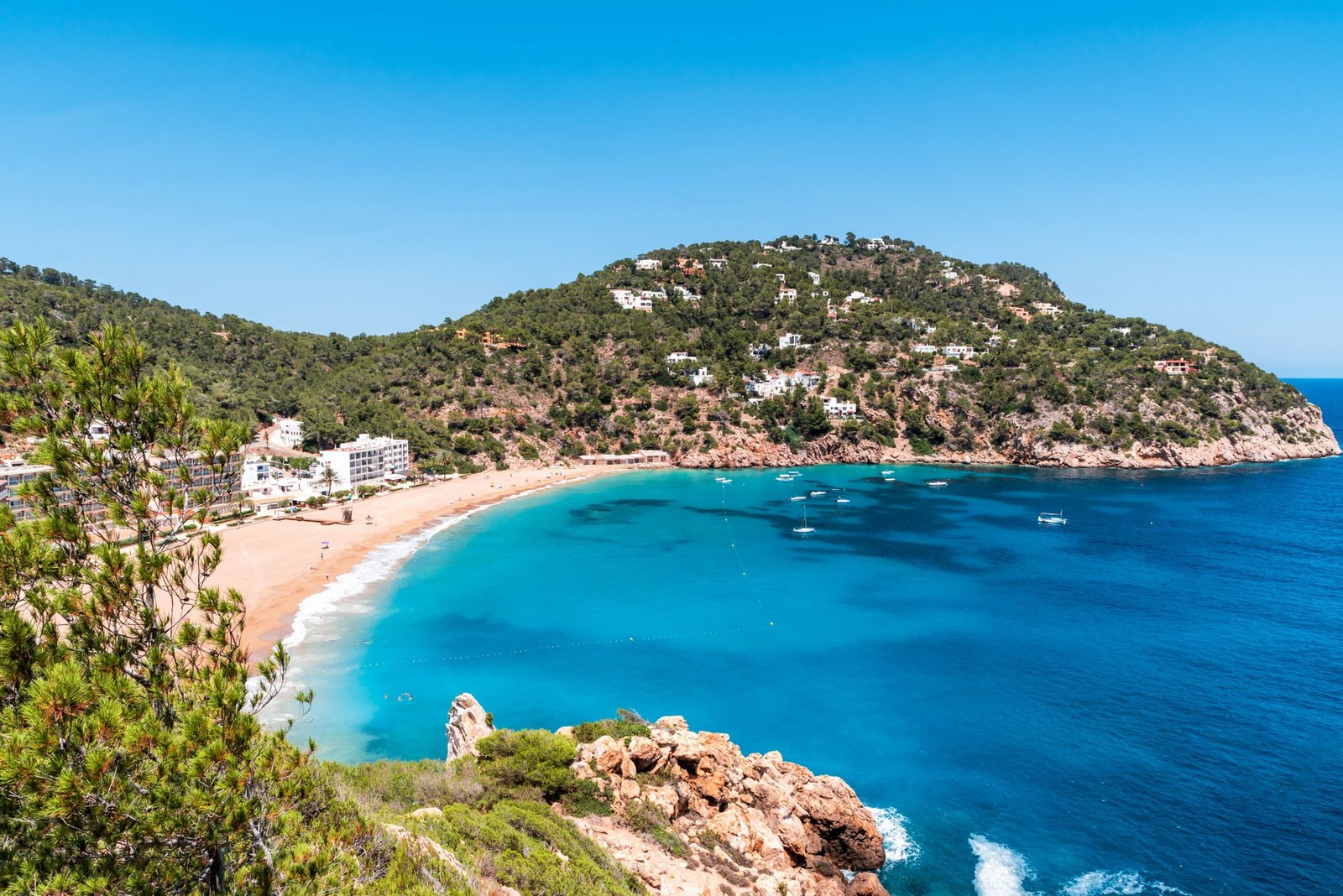Europe: Travel giant TUI has pushed back against Airbnb’s recent claims that hotels are primarily responsible for over-tourism, reigniting a growing debate over the impact of short-term rentals on popular destinations across the European Union.
In a statement, TUI suggested that short-term rental [STR] platforms are in fact a significant contributor to the issue.
The comments follow a wave of protests across the EU against STRs, with local residents and campaigners citing overcrowding, increased accommodation costs, and poor tourist behaviour as key concerns. In response, a number of city authorities, including in Spain, are preparing new measures to curb STR activity.
Airbnb maintains that its model can be part of the solution. “Short-term rentals can and should be a solution for dispersing tourism and providing the benefits of tourism to the local communities which desire it,” the company said.
Meanwhile, the Association of Hotels, Restaurants & Cafés in Europe [HOTREC] argued that hotels are already subject to strict regulation and called for STR platforms to “abide by the same rules”.
According to Eurostat data, hotels accounted for 63 per cent of overnight stays in Europe in 2023, while STRs made up 24 per cent. While hotel stays grew by less than four per cent year-on-year, the STR sector grew by eight per cent.
Highlights:
-
TUI has pushed back on Airbnb’s claims, saying STR platforms are fuelling over-tourism
-
Protests against STRs have taken place across the EU
-
HOTREC called for STR platforms to face the same regulations as hotels

![[Credit: TUI]](https://strz.tbcserver17.com/wp-content/uploads/2025/06/tui-offices-hannover-tui-official-photo-2020-2048x1365-1-800x445.jpg)





